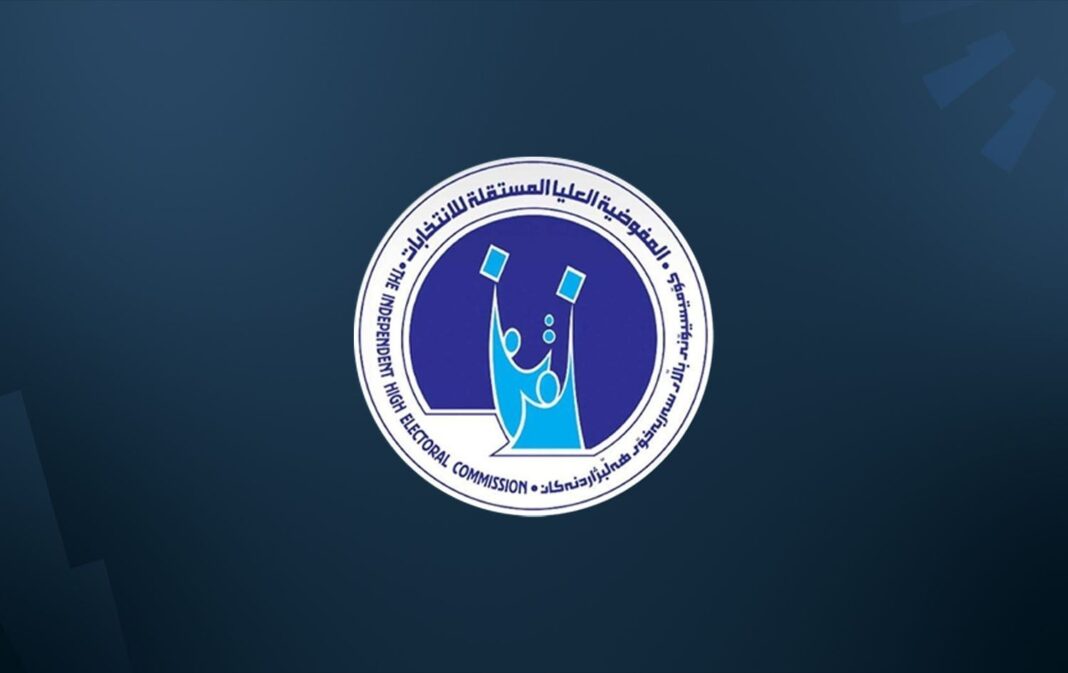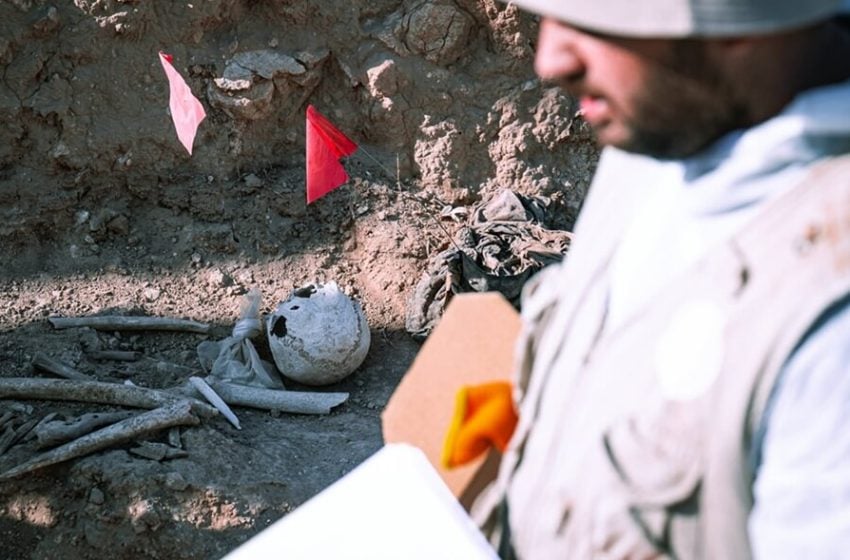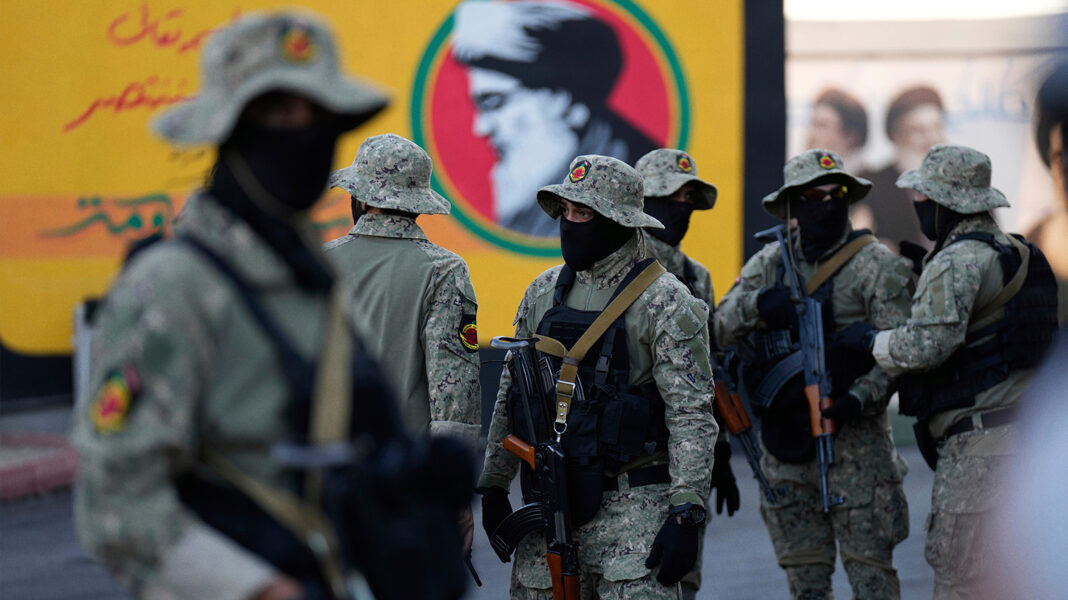Ahmed al-Jubouri, Secretary-General of the National Masses Party (Al-Jamaheer Al-Wataniya), announced on Tuesday that he will not run in Iraq’s upcoming elections. The Independent High Electoral Commission (IHEC) barred him from contesting the November vote. In response, al-Jubouri nominated his son, Mazen Ahmed Abdullah, as his replacement candidate.
Despite his disqualification, al-Jubouri declared, “the will shall not be broken.” He emphasized that his son Mazen will now represent the party in parliament. Meanwhile, al-Jubouri said he will continue working to support the party’s mission and identity. This change marks a new chapter for the National Masses Party ahead of the elections.
The IHEC has already disqualified more than 470 candidates across Iraq. Some reports from Shafaq News indicate that the total disqualifications may soon exceed 600. The main reasons for these bans include de-Ba’athification policies, corruption allegations, bribery cases, and concerns over candidates’ educational qualifications.
In addition to disqualifications, the commission recently shared updated voting statistics. It confirmed that nearly 29 million Iraqis are eligible to participate in the election. A total of 31 electoral alliances and 38 political parties registered to compete. Moreover, 79 independent candidates also entered the race. Of these independents, 23 compete in general constituencies, while 56 represent minority communities.
This election is shaping up to be highly competitive and complex. The large number of disqualified candidates signals a strict enforcement of election laws. At the same time, political groups are adjusting their strategies quickly. Al-Jubouri’s move to nominate his son demonstrates how parties adapt to last-minute changes.
As Iraq moves closer to the November elections, political tensions remain high. The independent commission’s role continues to be crucial in overseeing a fair process. Meanwhile, parties like the National Masses Party work hard to maintain their influence despite obstacles.
In conclusion, the elections highlight the ongoing challenges in Iraq’s political landscape. The key phrase “Independent High Electoral Commission” appears repeatedly, showing its central role in shaping the election. This commission’s decisions will impact the country’s future political direction and governance.



